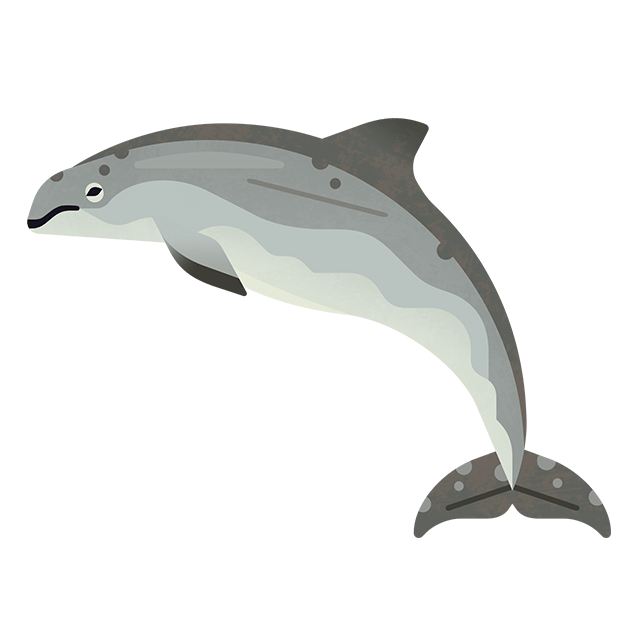
Cross-party report calls for microfibre filters on all washing machines by 2025
This week, an All-Party Parliamentary Group tasked with tackling the issue of microplastics, released its first report recommending to the government that all washing machines should be fitted with microfibre filters.
We're delighted that our research, and our supporters' voices, have contributed to this vital step to stop trillions of plastic fibres polluting our ocean every week.
We've been campaigning for years to raise awareness of the damaging effect microfibres have on our environment. Thanks to the help of our supporters who signed the #StopOceanThreads petition, the message is finally getting through.
We were pleased to be able to advise the All-Party Parliamentary Group (APPG) on marine conservation issues and celebrate the launch of their first microplastics report, which will influence government decisions.
What is an APPG?
An All-Party Parliamentary Group is a coalition of cross-party MPs who are the voice of the ocean in Westminster. Together with NGOs, environmental charities, health experts, businesses and community leaders, it's a powerful platform to discuss environmental issues and recommend policy solutions.
This group has been tasked with looking at how they can raise awareness of the effect microplastics have on the environment.
The report released this week is a big step forward in our campaign against plastic pollution.
You can download and read the full report below.

Credit: Imogen Napper / Plymouth University
What does the report say?
The report contains a series of holistic recommendations designed to eliminate the release of plastic microfibres from clothing into UK waters.
Key recommendations include introducing microfibre filters to all new domestic and commercial machines by 2025, bringing in an Extended Producer Responsbility (EPR) scheme for textiles from 2023, and supporting a 1p or 1% levy on garments.
It also calls for the appointment of a designated ‘Minister for Plastics Pollution’ who would have a clear remit for the control and prevention of plastic pollution.
What are microfibres?
Our clothes are made of millions of tiny fibres, many of which are plastic. With every wash, up to 700,000 microfibres shed from our clothes are released into the sewage system and can end up in the environment. Across the UK that means nearly 10 trillion plastic fibres every week.
These plastics often contain harmful chemicals or combine with toxins in sea water and sea life of all sizes – from plankton to whales – ingest them, including the fish we eat. One study found that 63% of North Sea shrimp contained synthetic fibres.
Deborah Meaden, a Marine Conservation Society ocean ambassador, explains:
A simple solution to a big problem
Built-in filters would stop trillions of plastic microfibres getting into the sea, into fish and onto our dinner plates.
Dr Laura Foster, Head of Clean Seas at the Marine Conservation Society, said: ‘Microfibres have been found to account for a massive 70-100% of microplastics in parts of our ocean.
To read more about our recommendations to the APPG on microplastic pollution, download the report we submitted.



